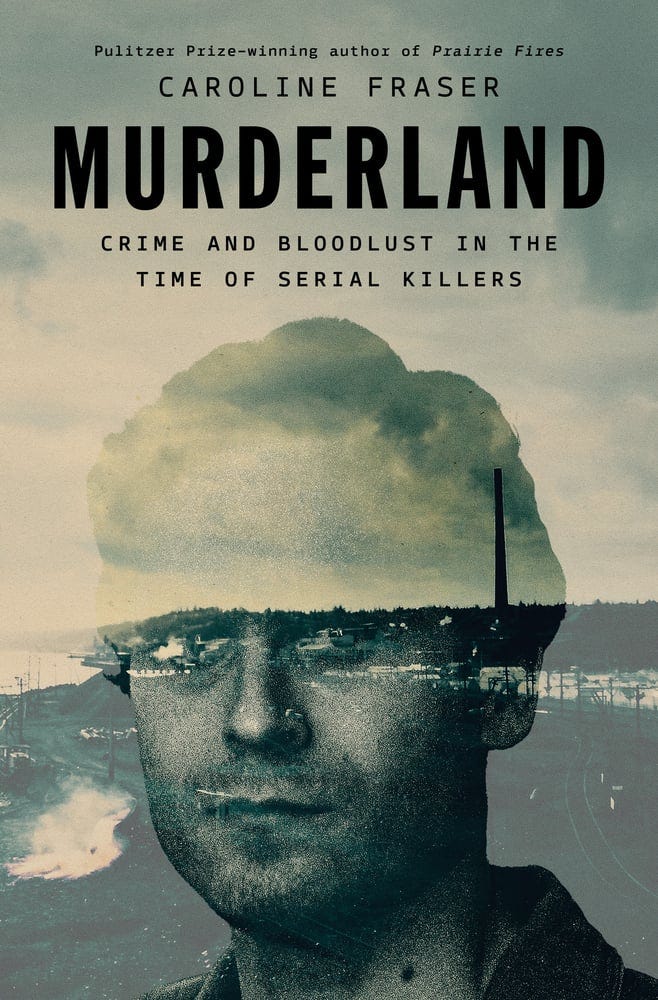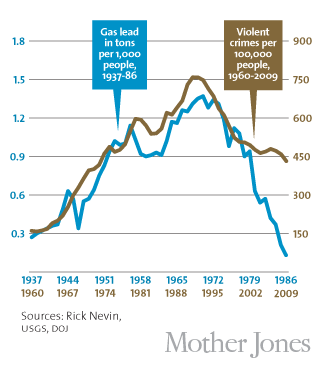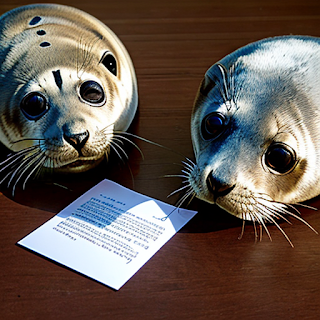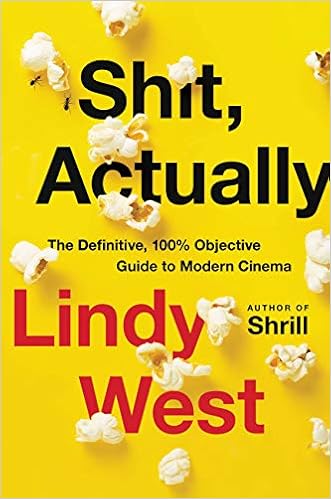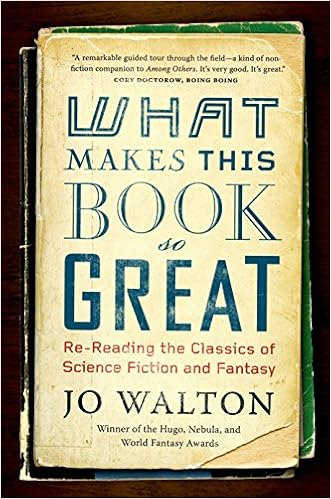.
Ah, books.
Ah, libraries.
Ah, eyes too big for one’s calendar.
I’m what librarians call a superuser. Though checking lots of things out doesn’t necessarily mean reading all of them. To be frank, that’s impossible. Unless I chuck this laptop (and probably my family) out a ferry window, it will remain impossible.
But I’ve long been writing about Unfinished Books (and sometimes Rejected Books) and today I have a library’s worth of such books to gab about. Here we go.
✤ ✤ ✤
Dark City: The Lost World of Film Noir by Eddie Muller
Loved this book. Read the beginning. Read the ending. Read much of the middle. Looked at maybe all the pictures. Added lots of movies to my to-watch list. Or should have, rather, because I’ve already forgotten most of them and I didn’t write them down. The original version of this book was prior to our current era of broad availability and many of the movies he wrote about were essentially impossible for most people to access. Today, we can access most of them We should do so.
✤ ✤ ✤
Moo by Sharon Creech
I’m a big fan of Creech’s Love That Dog—I’ve done it with both sophomores and AP Lit. I don’t much like its unnecessary sequel Hate That Cat. Moo is sold with those two because, not, as it ends up, because it is a sequel, but because it too is poetry. But with Moo the poetry isn’t part of the this-is-for-school conceit but because it’s just told in poetry. The thing is—I don’t much like the poetry. It works in Love That Dog because this kid is experimenting with not hating poetry. But in Moo that’s not a question. And so the poetry should be . . . better? Anyway. I could have finished it. Lots of white space in this book. But I just couldn’t.
✤ ✤ ✤
The Boys of Riverside: A Deaf Football Team and a Quest for Glory by Thomas Fuller
A book club I recently joined was to read this book next but they forgot to invite me which was okay because I had a hard time with the narrative voice which made reading it a real slog. Fuller’s a journalist and I’m sure a great story in five thousand words would be fine. I wasn’t thrilled about an entire book.
✤ ✤ ✤
The Maniac by Benjamin Labatut
A previous novel the group had read and that my friend recommended was this one. I read maybe the first fifty pages and it was excellent but I had too many library books out at the time and a busy month ahead of me and so I, sad, returned it unread. It’s about a weird genius working on the a-bomb. And it features a topnotch narrative voice, so there.
✤ ✤ ✤
Of All Places! and No Place Like Home by Patience, Richard, and Johnny Abbe.
I was reading a series of articles about humor in the Relief Society Magazine and that’s where I came across the Abbe children. Three kids who wrote massively popular books about their lives back in the Thirties. Of course I had to see this for myself. I read fifty or so pages and enjoyed them but it’s remarkable from the vantage point we call 2025 that these books were as massive as they were. They are charmingly written (allegedly, Patience was the main architect; check out this anecdote of her at 21 with Bette Davis) and a marvelous snapshot and clearly observed, but still. Their tour through Nazi Germany write before everything goes to hell is enlightening. But the little observations about trains and winter and hobos and hotel rooms and the mails are even better. If I owned these, I would certainly finish them. Eventually. I think NYRB or Dover or someone should republish them and aim them at today’s kids.
✤ ✤ ✤
Too Much College; or, Education Eating Up Life, with Kindred Essays in Education and Humour by Stephen Leacock
This was another book I found on the recommendation of the Relief Society. I appreciated this most as proof that people make the same complaints today that they always have about kids and their inferior-to-ours education. It could have been more tightly written. I think I would enjoy Leacock much more if someone would put together a collection of his work that still works well today. But I should mention that I had similar feelings about Benchley when I got him from the library. Now that I have my own copy of his work that I’m working through at a more leisurely pace, I like him all the more. Perhaps the same would be true of Leacock. Though, to be honest, I’m unsure simply because his essays are so much longer. When Benchley has a dud, at least it’ll be over in a hundred-fifty words.
✤ ✤ ✤
Movies Are Prayers: How Films Voice Our Deepest Longings by Josh Larsen
I was unable to renew this one after a mere three weeks which is a bummer because I was into it. I made it through the first couple kinds of prayers and fully intended to finish the book when I discovered it was a day late and unrenewable. And since it was sent over from another library system, the fines accumulate much too quickly to hold onto. I discovered Josh Larsen through his podcast which was recently recommended to me by a KQED friend. Although I sure note that in their last two episodes they’ve fallen short on their understanding of both The Phoenician Scheme and Materialists.
✤ ✤ ✤
Shakespeare's Tragic Art by Rhodri Lewis
As with many of the books here, it was foolish of me to pick it up during May 2025, one of the busiest months of my life. I was being pulled so many directions. With this one, I read a bit of the introduction, most of the first chapter, and then read analysis of some of the more recent plays I’ve read—Julius Caesar, Titus Andronicus, I forget whatall. Anyway, deep waters here. I enjoyed his analysis of the plays very much and would love to own the book so I could finish it sometime solely for those bits. His overall argument? No idea. Didn’t manage to fit that in during the brief moment I possessed the book.
✤ ✤ ✤
Tales of Glass Town, Angria, and Gondal by The Brontës
I’ve always wanted to dig into the Brontës’ childhood fantasy writings but like I dope I decided to pick it up at the absolute worst time. I barely even skimmed this. But that was enough to know I’m unlikely to ever really read this book. It’s fine stuff and interesting considering who wrote it and impressive considering their youth but, in the end, who cares? I don’t have a dissertation to write!
✤ ✤ ✤
Everything Must Go: The Stories We Tell About the End of the World by Dorian Lynskey
This is a bit different from the Shakespeare book above in that, while again I enjoyed the bits I did read, I’m not sure Lynskey has an overall point. Unless it’s that we’ve always told world’s-ending stories and that’s it. Still. I read the entire pandemic section (zombies inclusive) and chunks of the rest. If the topic interests you, you’ll have a fun time.
✤ ✤ ✤
Dangerous Fictions: The Fear of Fantasy and the Invention of Reality by Lyta Gold
I’ve already written an entire essay about what’s wrong with this book, but I wrote it when I was still convinced I’d read the entire thing. But I read maybe two or three more pages and that was it. I’m intrigued by the topic and by Gold’s argument, but her rhetoric is a mess. To give just one example, she talks about how people try to cancel authors but they only try to cancel women authors or authors belonging to a minority group. But you can’t cancel authors because good work will rise to the top. But books by canceled women and minorities never get seen so they are canceled. But the famous and powerful cannot be canceled no matter what people say online. But we’re totally going to cancel J.K. Rowling because she has it coming. And so on. I really wanted to like this book and I largely agree with everything she says. But there’s so much, for lack of a better term, performative wokeness, that it eventually becomes unreadable. Unless you’re the sort of person who likes to give your friends a high-five every time you hear a liberal catchphrase. It was maddening. Anyway, if anyone wants to read that unpublished essay, let me know and I’ll post it.
✤ ✤ ✤
Happily: A Personal History, with Fairy Tales by Sabrina Orah Mark
Happily is excellent. A white Jewish American mother raising two black Jewish American boys. A memoir filtered through the language and emotion of fairy tales. It’s terrific. The sort of book I would keep on my nightstand and work my way through over three years. But, alas, that is not how libraries work. This is the only library book on this list I’m still holding on to but I know perfectly well I’ll not be finishing it.
✤ ✤ ✤
The Cat Who Saved Books by Sosuke Natsukawa (translated by Louise Heal Kawai)
This had a really cool cover and a fun magical-realism premise and . . . is terrible. This is the only book today that I own and that makes no difference. I am not finishing it. It’s possible some of the fault is Kawai’s but the novel itself just makes me feel stupider as I read it. It’s like someone fed a bunch of American YA fiction and the summaries of Miyazaki movies into an LLM and voila. Perhaps if you’re still under the age of fourteen it might work for you.
It’s ironic to end on a book in which a boy and a talking cat go on missions to rescue disrespected books but hey. That’s the reading life.
.png)
